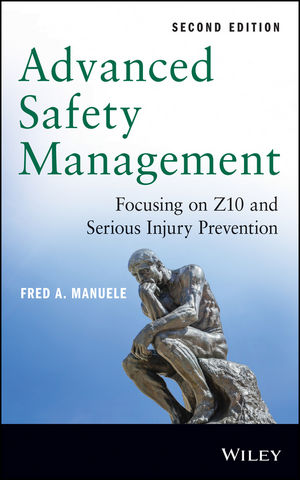Oil and natural regulations change frequently so the Public Service Commission of West Virginia and the West Virginia Oil and Natural Gas Association want to make sure operators have the latest information.
The two organizations have jointly hosted a couple of seminars in West Virginia to focus on recent changes and developments of federal and state requirements in the past year.
“The purpose is to make sure that all the gas pipeline operators have the most up to date regulations and information in order to operate safely in West Virginia,” Susan Small with the PSC said on Thursday.
Small said the Pipeline and Hazardous Material Safety Administration develops the regulations that the PSC enforces for gas pipeline operators of approximately 14,000 miles of lines.
“There are many changes from the farm tap issue and the lessons that were learned from the Massachusetts overpressure situation last summer,” Small said.
“We just try to make sure that all the operators have the most current information that we can get to them.”
Small referring to the overpressurization of buried gas pipelines in September 2018 that led to explosions of dozens of houses in a Massachusetts neighborhood.
Part of the seminars, which both held the same agenda, focused in on prevention of that issue happening again. Information and keys to prevent were included in the seminars’ best practices presentation.
“When there is an unfortunate situation in one part of the country, everybody else pays attention,” Small said. “Takes the information that is learned back to their states and implements it to make sure our communities are as safe as possible.”
Mary Friend, the PSC Gas Pipeline Safety Division Director led most of the conversation with the PSC and the hundreds of attendees in Charleston including a West Virginia Regulatory Update.
Small said the commission stays in close contact with the pipeline operators as commission inspectors go out on site often. She said this helps to build what is discussed at the yearly seminars.
“When putting together the curriculum for these seminars, our inspectors take the information they are getting out in the field,” Small said. “So, if they see an increase in questions about a particular element about the regulations we will incorporate that information into the seminar so the attendees get the information they need.”
The seminars were free of charge and Small estimated around 300 operators were trained this week.
Education credits were also available for continuing legal education for lawyers and professional development hours for registered engineers.






